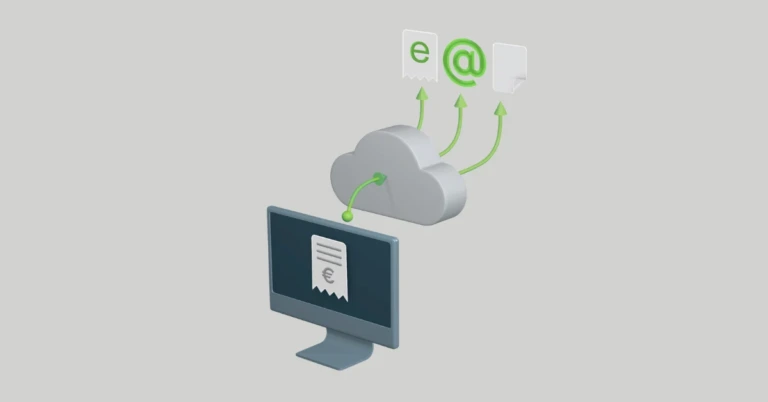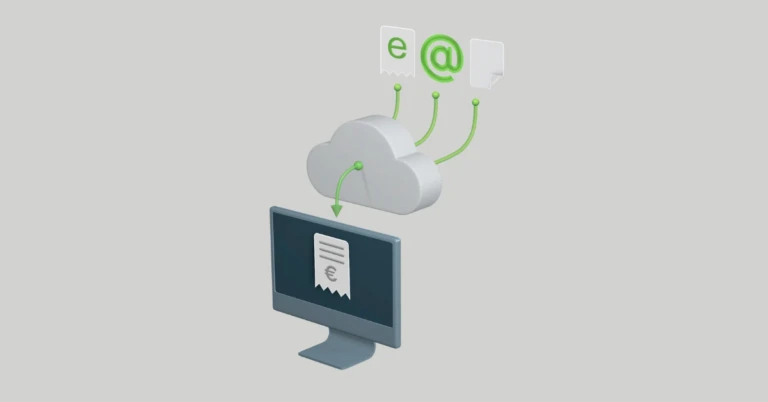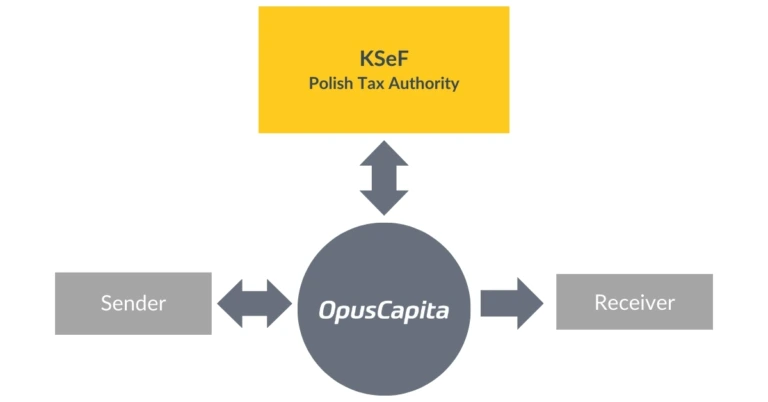
The critical role of data quality in AP invoice automation
Anti-Paper Business Club
Anti-Paper Business Club
Accounts Payable (AP) teams handle a relentless flow of invoices, and the speed, accuracy, and efficiency of invoice processing depend on data quality. Without high-quality data, automation efforts stall, leading to costly delays, errors, and unnecessary manual intervention.
This blog emphasizes why data quality is non-negotiable and how automation can revolutionize invoice processing for AP teams, invoice reviewers, and approvers alike.
The foundation: why data quality in AP Invoice Automation is everything?
Poor data quality in AP invoice automation creates bottlenecks that derail processing efficiency and delay payments. Inaccurate or incomplete data forces manual corrections, increases compliance risks, and reduces efficiency. To fully unlock the power of automation, organizations must focus on these key areas:
- Master data management – Clean, accurate, and well-maintained supplier data, posting dimensions, VAT/tax details, and other dependencies are essential. Clearly defining ownership of master data ensures consistency and prevents errors from creeping into the process.
- Purchase order (PO) & goods receipt (GR) data – Automated invoice matching depends on high-quality PO and GR data. If this data is missing or inaccurate, such as when using free-text orders or failing to document goods receipts, automation breaks down, requiring time-consuming manual intervention.
- Invoice data quality – The accuracy and completeness of invoice data determine whether automation succeeds or fails. E-invoices drastically improve automation rates compared to invoices received via email or paper. If critical invoice details are missing or misformatted, AP automation becomes impossible.
Unlocking the power of automation
With strong data quality, organizations can harness automation to accelerate invoice processing, reduce errors, and minimize manual effort. The most impactful areas of automation include:
- Business & automation rules – Defining clear rules for approvals, accounting, and exception handling is fundamental. Since supplier invoices often contain inconsistencies, fine-tuning invoice data may be necessary to ensure automation rules function effectively.
- Recurring invoices & payment plans – Recurring invoices and scheduled payments can be fully automated using contract-based matching or predefined invoice creation workflows, eliminating redundant manual processing.
- Invoice matching – Automating two-way and three-way matching between invoices, POs, and GRs is a game-changer. When the right data is available, matches can be executed automatically, leaving only exceptions for human review.
The urgent need for an intuitive AP automation tool
Automation only delivers its full potential when the AP invoice processing tool is intuitive and user-friendly. A cumbersome, overly complex system can introduce new inefficiencies, negating the benefits of automation. In 2025, a high-performing AP invoice automation tool must:
- Provide a seamless, intuitive user experience with a minimal learning curve.
- Deliver real-time, actionable insights for invoice reviewers and approvers.
- Support customizable workflows to adapt to an organization’s unique processes.
- Empower process owners with self-service capabilities to manage rules, approvals, and configurations.
- Integrate seamlessly with ERP and financial systems for end-to-end automation.
Act now: The future of AP invoice processing depends on data quality
Organizations that fail to prioritize data quality will struggle to achieve the full benefits of AP automation. Investing in robust data management practices and implementing a powerful automation tool isn’t just a nice-to-have – it’s a necessity. High-quality data, combined with smart automation, streamlines AP processes, reduces costs, and enhances compliance.
The time to act is now. Modern AP teams cannot afford to rely on outdated, manual processes. By focusing on data quality and leveraging cutting-edge automation, businesses can achieve unprecedented efficiency, accuracy, and control over their invoice processing workflows.










